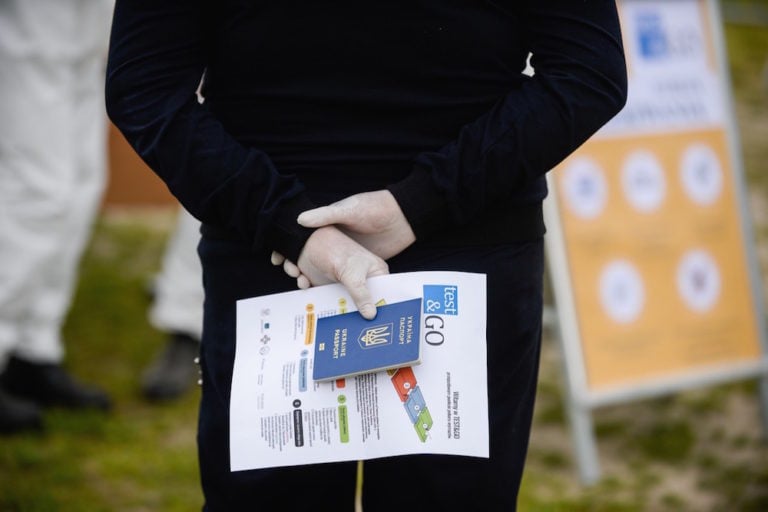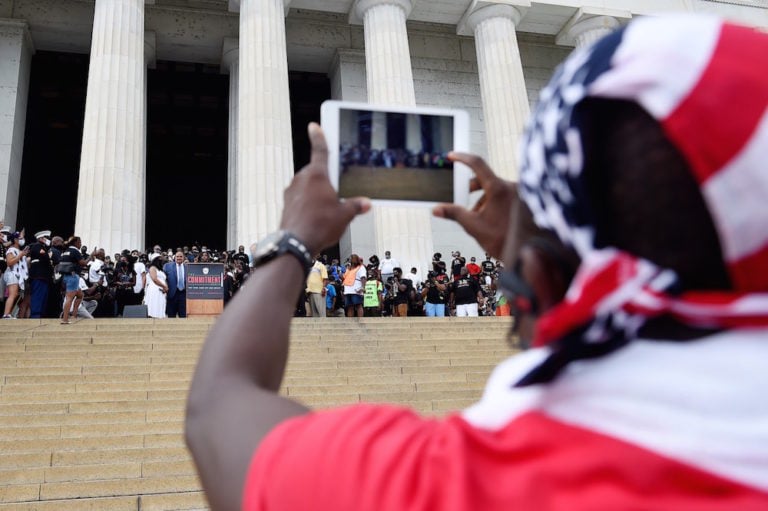Articles by Electronic Frontier Foundation (EFF)

EFF to FinCEN: Stop pushing for more financial surveillance
EFF submitted comments to the Department of the Treasury’s Financial Crimes Enforcement Network (FinCEN) opposing the agency’s proposal for new regulations of cryptocurrency transactions.

Oakland Privacy and the people of Vallejo prevail in the fight for surveillance accountability
In December, Solano Superior Court Judge Bradley Nelson upheld the gift of surveillance accountability that the California State legislature had provided state residents when they passed 2015’s Senate Bill 741 (Cal. Govt. Code § 53166).

COVID-19 and surveillance tech: Year in review 2020
Location tracking apps. Spyware to enforce quarantine. Immunity passports. Throughout 2020, governments around the world deployed invasive surveillance technologies to contain the COVID-19 outbreak.

On Section 230, one of the most important laws protecting free speech online
Even though it’s only 26 words long, Section 230 doesn’t say what many think it does. EFF explains what, exactly, people are getting wrong about the primary law that defends the Internet.

How EFF and other NGO community leaders saved .ORG
Nonprofits and NGOs around the world were stunned last November when the Internet Society (ISOC) announced that it had agreed to sell the Public Interest Registry – the organization that manages the .ORG top-level domain (TLD) – to private equity firm Ethos Capital. The NGO community sprung to action, writing a letter to ISOC urging it to stop the sale.

Vaccine passports: A stamp of inequity
“We must make sure that, in our scramble to reopen the economy, we do not overlook inequity of access to the vaccine; … and the potential that today’s vaccine passport will act as a catalyst toward tomorrow’s system of national digital identification that can be used to systematically collect and store our personal information.”

Open letter to Facebook, Twitter, and YouTube: Stop silencing critical voices from the Middle East and North Africa
On the 10th anniversary of the Arab Spring, activists, journalists, and rights organizations voice frustration and dismay at how platform policies and content moderation procedures all too often lead to the silencing and erasure of critical voices from marginalized and oppressed communities across the region.

Law enforcement purchasing commercially-available geolocation data is unconstitutional
Many of the smartphone apps people use every day are collecting data on their users and, in order to make money, many of these apps sell that information. One of the customers for this data is the U.S. government, which regularly purchases commercially available geolocation data.
